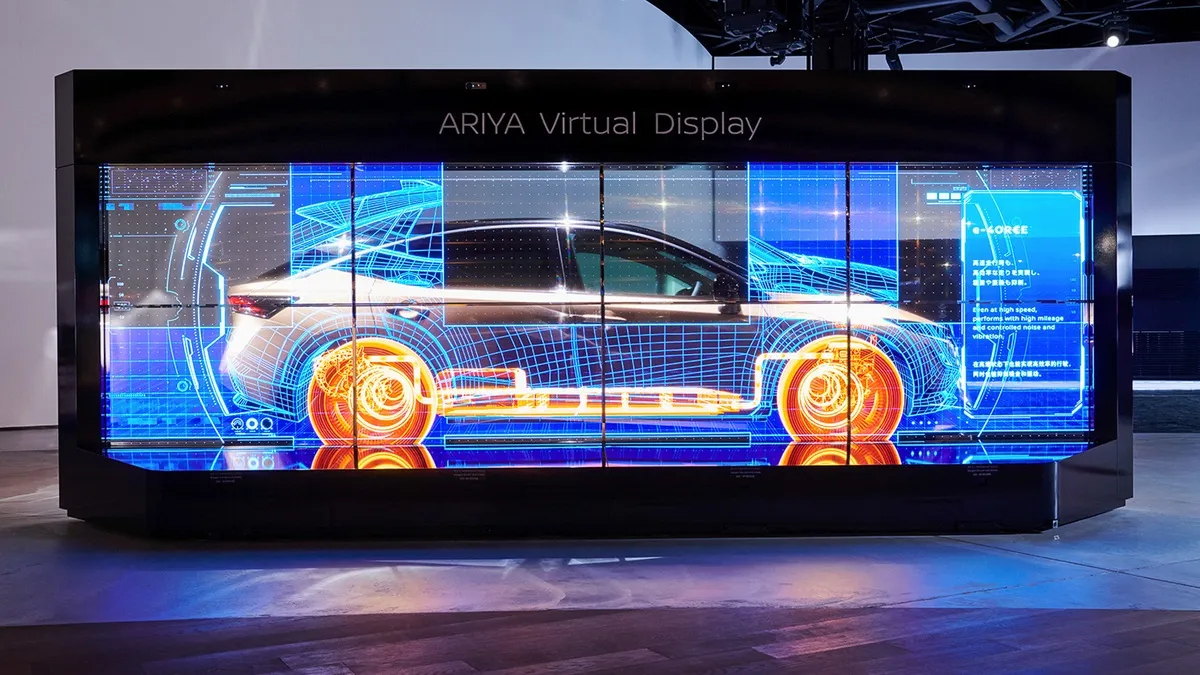
Electric vehicle (EV) drivers in Japan can discharge power from their car's battery pack to pay for parking while visiting the Nissan Pavilion exhibition space in Yokohama.
Nissan CEO Makoto Uchida, says: “As the world shifts to electric mobility, EVs will be integrated into society in ways that go beyond just transportation.”
Nissan's energy share and energy storage technologies allow electricity to be stored, shared and re-purposed to power businesses, the company adds.
Visitors can also experience Nissan’s ProPilot advanced driver assistance system as well as its Invisible to Visible technology, which combines information from the real world and virtual reality to assist drivers.
In front of the pavilion, a mobility hub offers a variety of services including EV car-sharing and a bike rental service.
The automaker says visitors can eat at the Nissan Chaya Cafe, operating on power supplied by Nissan Leaf electric cars and solar energy or go for a ride in the Nissan Ariya EV crossover.
The pavilion is open to the public until 23 October.
Uchida says: "The Pavilion is a place where customers can see, feel, and be inspired by our near-future vision for society and mobility."
Elsewhere in Japan, Nissan is working with local governments to use Leaf cars as mobile batteries that can supply energy during natural disasters while also working on a project to repurpose used EV batteries to power streetlights.










